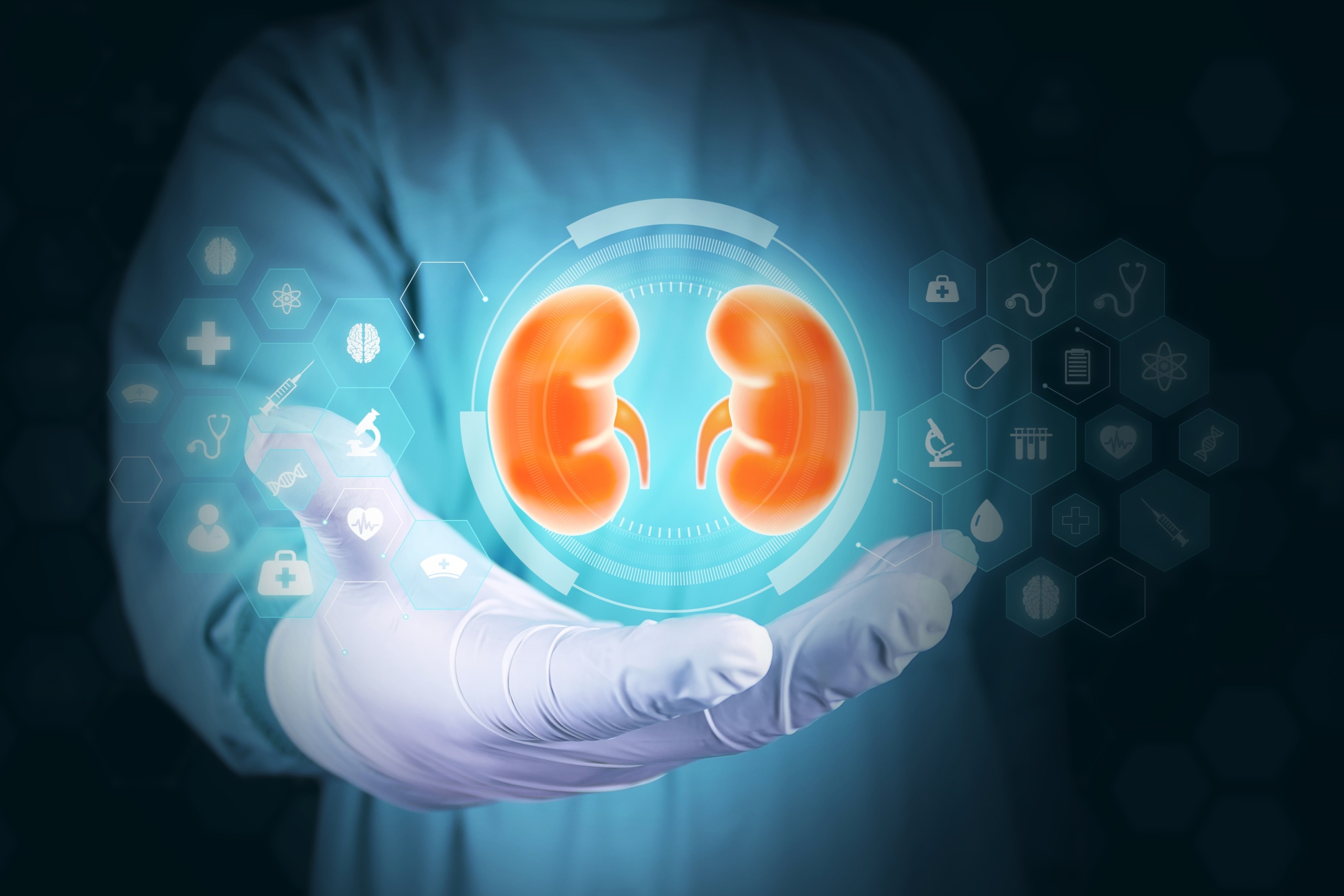Research, technology, treatment options, outcomes, and significant results are constant in the world of kidney disease. Dialysis and kidney transplantation have not always been available to those in need. If you do not know by now, you should know that dialysis does not mean the end of your life but the end of your kidney function on its own. Treatment options, such as in-center dialysis, home dialysis and of course, transplantation are commonly used treatment options.
The Dialysis Patient Citizens Education Center is committed and dedicated to inform you about renal news. We do not endorse or recommend any treatment options but can only hope (confident expectation) that you are receiving and knowledgeable about the type of treatment that you are undergoing.
The following is a news article of interest that we want to share with you that is retrieved from Renal and Urology News. Renal & Urology News is an online medical news website and monthly print publication based in New York City that reports on clinical news for nephrologists and urologists with coverage focusing on medical conferences and papers in peer-reviewed journals.
Chinese Woman Is Third Person to Get a Gene-Edited Pig Kidney
A Chinese woman is the third person in the world living with a gene-edited pig kidney, and nearly 3 weeks after surgery, doctors say she’s doing well. The woman, reportedly 69 years old, had kidney failure for 8 years before receiving the pig kidney.
The operation took place at Xijing Hospital of the Fourth Military Medical University in Xi’an. Lin Wang, part of the transplant team, said the kidney is working well and the patient is still being monitored in the hospital, a report from NBC News says.
This surgery is part of a growing effort to use genetically altered pig organs to help deal with a shortage of human organs for transplantation.
So far, 4 people have received pig kidneys and two received a pig heart. Some of those early surgeries had poor outcomes, but 2 other recent kidney recipients — one woman in Alabama and a man in New Hampshire — are both doing well, NBC News reported.
Read the full article on Renal & Urology News’ website.




